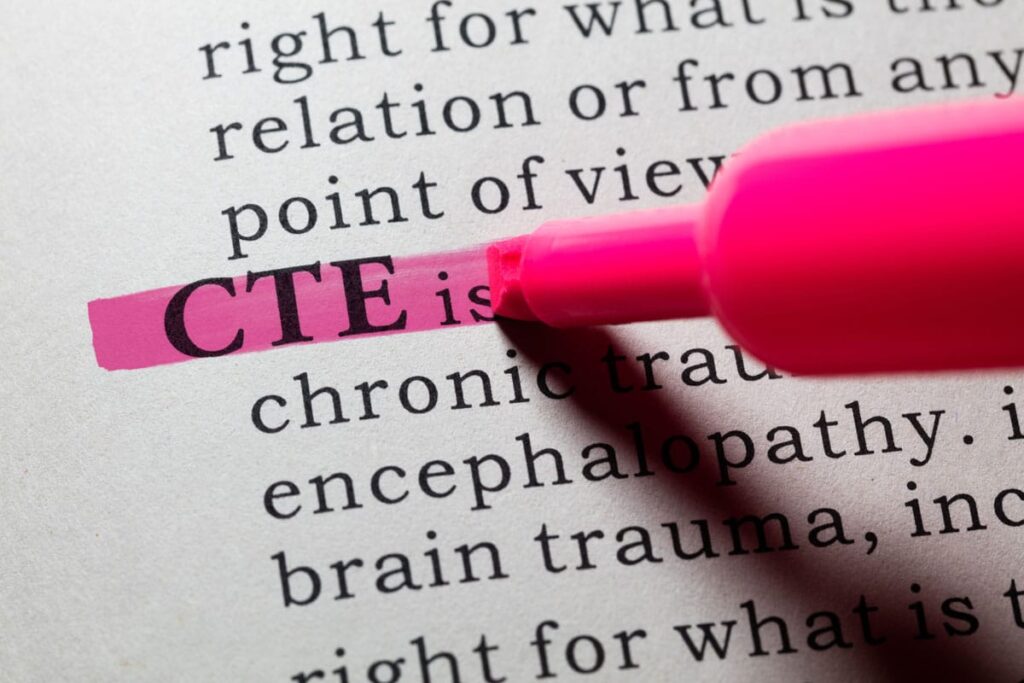CTE is the common shorthand for a disease called chronic traumatic encephalopathy. People with this disease experience a gradual, severe loss of their brain function. There is a link between CTE and addiction. Pre-existing addiction may contribute to the start of the illness. In addition, the presence of CTE can make you more likely to abuse drugs or alcohol.
At Springfield Wellness Center, we specialize in the treatment of CTE. Our customized and innovative CTE care will help you preserve your brain function as much as possible. We also offer treatments that allow you to detox from addictive substances and reduce your CTE risks. If you or a loved one has suffered a brain injury and needs addiction treatment, reach out to the experienced professionals at Springfield Wellness Center by calling 844.334.4727.
Basics of CTE
Researchers are not sure exactly what triggers the start of CTE. Today, the most identifiable cause is repeated physical trauma to your head. This condition helps explain why many known cases of the disease appear in people who play high-contact sports. There are also cases of CTE found in military personnel exposed to explosions.
Most people are not diagnosed with CTE while they are alive. Instead, the disease is found during an autopsy. For this and other reasons, no one knows for sure how many people have CTE.
When it comes to the connection between brain injury and addiction, the disease’s notable symptoms are emotional and behavioral. Specific problems you may experience include:
- Loss of control over your impulses
- An inability to think clearly
- An increase in aggressive or violent behavior
You may also experience mood instability or bouts of depression.
Addiction as a Contributor to CTE
On its own, addiction makes significant changes in your thoughts, emotions, and behaviors. Studies show that many of these changes are similar to what happens in people with CTE. That includes loss of control over impulsive behavior, mood swings, and a lack of clear thinking.
Today, researchers view substance abuse and addiction as potential contributors to CTE. Much of what’s known on this subject comes from studies of athletes. Football players, in particular, are likely to develop painful injuries over time. To recover from those injuries, they often receive potent painkillers. Unfortunately, doctors often overprescribe these medications. In addition, many athletes self-medicate their pain. Together, these factors can easily lead to:
- Opioid addiction
- Addiction to other types of drugs or medications
- Alcohol addiction
What happens when you are addicted and experience repeated head trauma? The outcome is not entirely predictable. However, the combination of these things may help set the stage for CTE. Not all people with the disease have a history of substance problems. Still, many of them do.
The Causes of Addiction
In a sense, CTE is a perfect storm for supporting addiction. Loss of impulse control, in particular, is a classic addiction symptom. People with the disease may also be looking for anything that can ease their mental and physical distress.
The link between brain injury and addiction is clear. Therefore, it’s no surprise that people with CTE tend to misuse drugs and alcohol. In this way, CTE may serve as one of the causes of addiction.
Learn More at Springfield Wellness Center
Want to learn more about CTE, the brain, and addiction? Contact the professionals at Springfield Wellness Center today. We’ll help clarify how addiction affects your brain. We’ll also explain the impact that CTE and other brain issues may have on your addiction risks. Furthermore, if you are affected by CTE or need substance detox, you can take advantage of our state-of-the-art treatment options. Call today at [Direct} or reach out through our online form.

